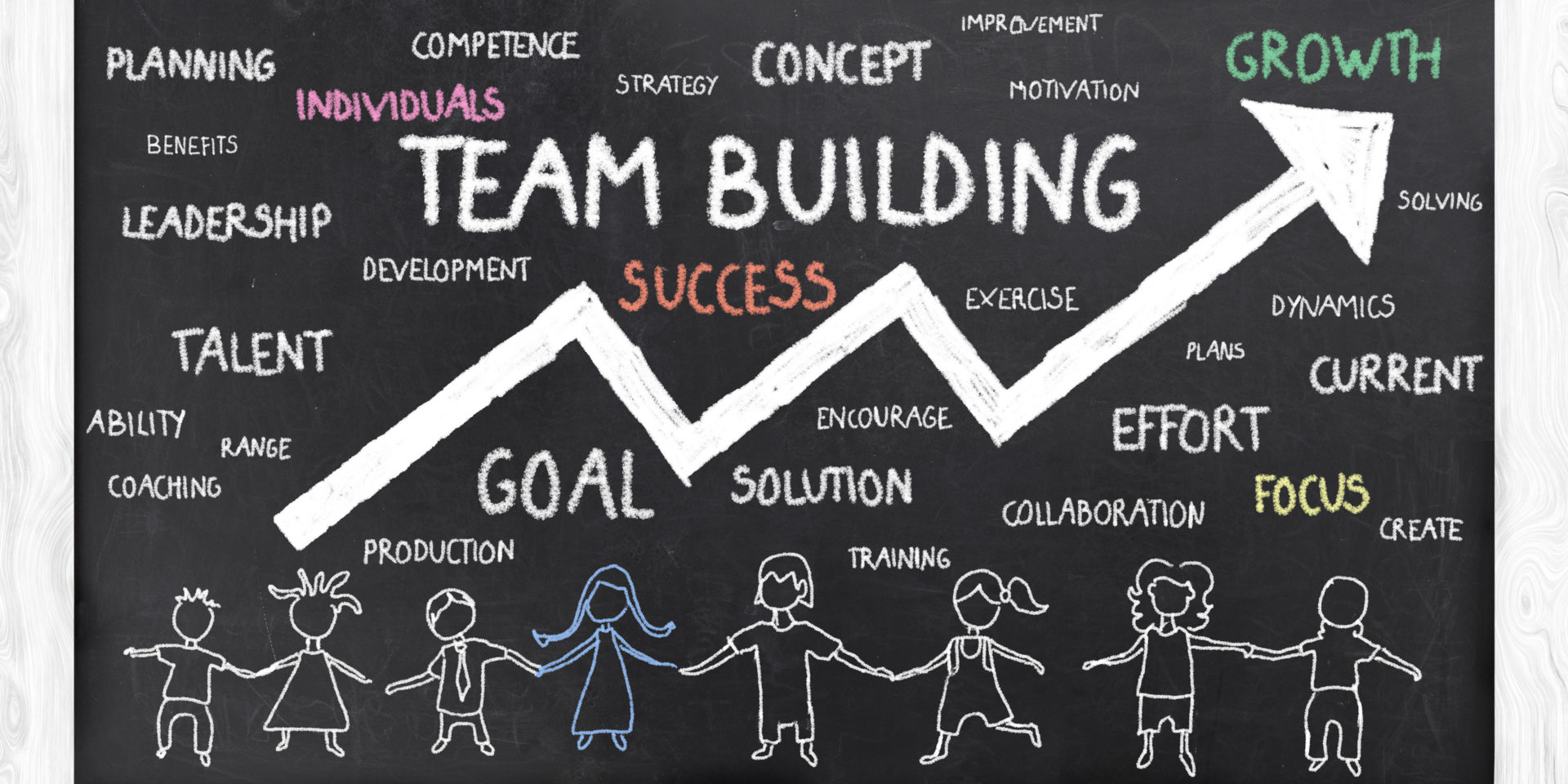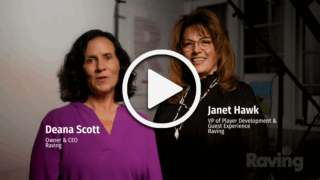Four Important Things You Can Do for Your PD Team


Coaching and management techniques for your high production teams
Janet Hawk
Let’s be honest. Leading a player development team is hard work! As a former Executive Host, I admit, we are high maintenance. We spend our days juggling the needs and wants of our guests, while trying to appease management. And to be even more honest, hosts and leadership struggle with communicating clearly. Endless multitasking, miscommunications, assumptions, and unrealistic expectations lead to a very stress-filled environment. When your staff is stressed, they can’t help but pass that energy off to your guests. So, what can a leader do to help?
Communicate
Communicate with your team often! This is the one thing that I hear from not just the PD team, but from every employee. Your employees spend a considerable amount of time at work. It isn’t unheard of for your host team to average 50 or more hours a week at work. One of the most important tools that your team needs is communication. A leader needs to look at the 5 W’s when communicating with their team:
Who? What? Why? When? Where? And you can throw in an H for added measure … How?
Your team wants to know why they are doing what they are doing, and keeping them in the dark causes frustration, confusion and assumptions (usually the wrong ones!). Including them in the process helps them to grow. The more your team grows, the stronger it is!
An interesting comment that I overheard from a participant during one of the workshops at Raving’s Indian Gaming National Marketing Conference actually emphasized this point and inspired this article. We had an exercise that required us to determine, using a fictitious database, who would receive a certain DM piece. It required us to use manual methods to determine our proforma criteria. Most in the group had only done this process using a preset spreadsheet that did the math for them. By doing it manually, it helped them to see the whole picture. When we finished, I heard “so, THAT’S why we do this! I understand where my boss is coming from now!” It really is amazing what happens when you involve your team in some of the day-to-day things you are dealing with and why some decisions are made. It opens up the lines of communication, and may very well lead to some inspiring dialog.
Listen
We all can do better with this, right? So many times we are quiet, but we aren’t listening at all. We are thinking about how to respond, and we actually miss HEARING what is being said. Welcome feedback! Not only from your team, but from your guests! With your hosts being the liaison between the guest and the casino, who better to listen to in order to find out what your guests like or don’t like? What promotion worked or didn’t? Granted, there are times when the guest may not understand the operational aspects of gaming, or maybe they just like to complain. But that is why it is important to communicate with your team. Make sure that your office (and your team’s offices) is considered a safe place where ideas can be expressed and constructively criticized. To quote the Dalai Lama, when you talk, you are only repeating what you already know. But if you listen, you may learn something new!
Organize and Motivate
Not everyone is a master of organization or self-motivation. Take the time to get to know each member of your team. What motivates them? Which ways do they learn? What are their weaknesses, how can you assist in overcoming them? What about the shift differentials? Your day shift team members may not be as busy on the floor, whereas your swing shift hosts may never get a moment in the office on weekends. Teach them how to piece out their day, week, month and quarter. When are the slower times that they can get the dreaded paperwork done? Do you have some shortcuts to share? Helping your team to organize their day-to-day (and shift-to-shift) activities with short-term and long-term goals will only benefit overall productivity.
Recharge and Celebrate
Taking a breath is important for accomplishing goals long-term. It’s not a marathon, but a series of short races that require you to come up for air on occasion. So, allow your team to take a breath … and celebrate the successes! It isn’t productive or healthy to “always be on!” Downtime is essential.
I once had a Director who took this practice to heart. At least twice a year, he made arrangements with the casino to close the PD offices on a slow night. He then planned an evening of entertainment (including limos!) for the team. We rarely got to hang out together, and it not only helped us connect as a team, but we felt appreciated. We also got to experience what our guests did for once, the VIP treatment! This really helped us when we came back to work. Not only did we appreciate the break, but we also learned to take the extra step for our guest when we dealt with them, because we knew how good it felt. Remember, it’s quality, not quantity! There have been numerous studies that prove multitasking isn’t effective or productive. Take the time to help your team recharge!
The golden rule still applies – treat others the way you would like to be treated!






